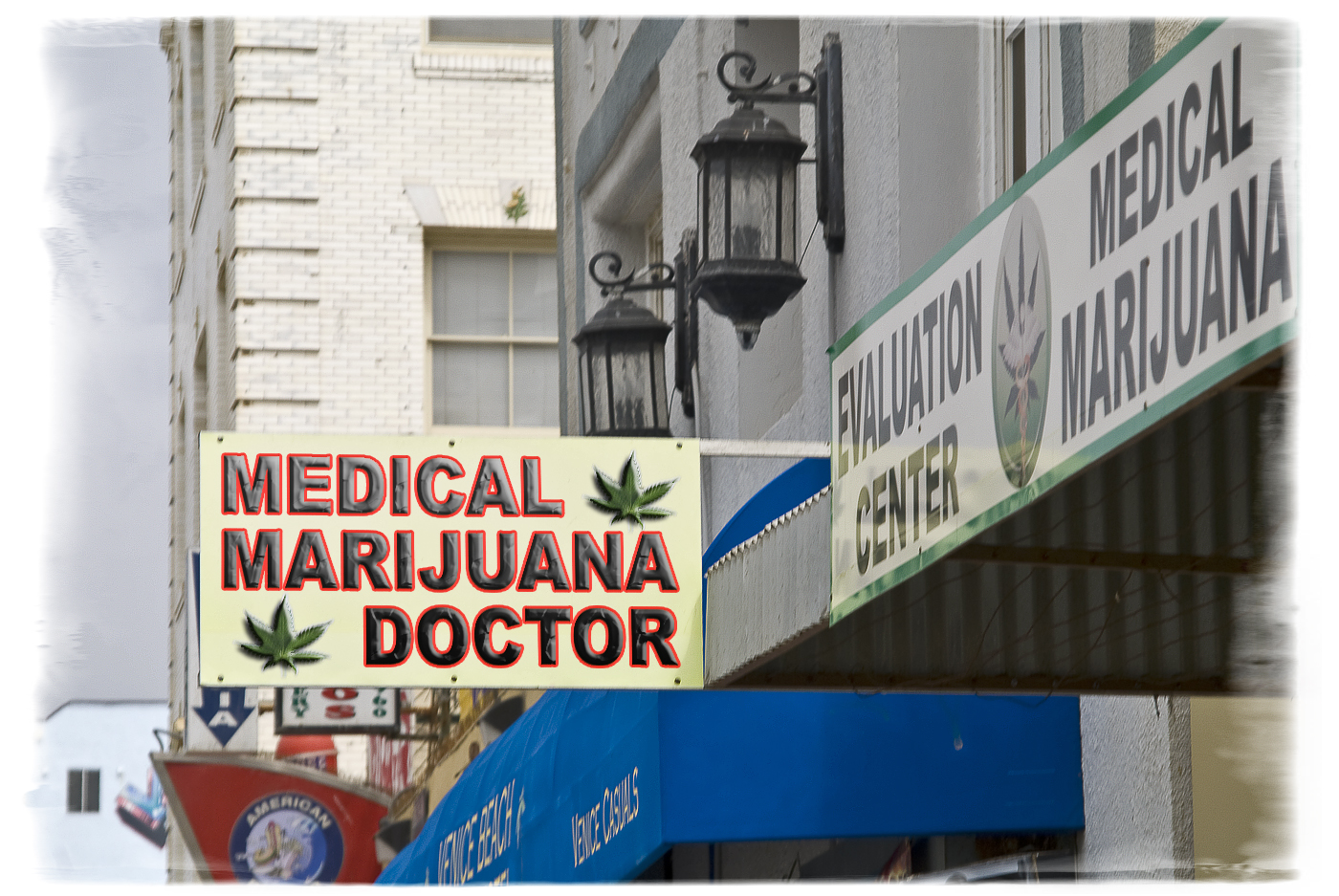Thousands of American veterans suffer from post-traumatic stress disorder, and they’re forced to endure the side effects of pharmaceutical drugs while an effective treatment with few side effects, medical marijuana, remains illegal and inaccessible to most.
A 2012 study from the Veterans Administration estimated that as much as 20 percent of veterans of conflicts in Iraq and Afghanistan suffer from PTSD. Among these veterans, the suicide rate is 50 percent higher than the national average and PTSD is a major contributing factor, according to a 2015 study by the National Institute of Mental Health. Nick Wing and Matt Ferner, writing in The Huffington Post, suggested VA doctors typically treat veterans with a combination of therapy and a selection of dozens of pharmaceutical drugs approved for the treatment of the often debilitating condition. Missing from that list, according to their report, is one particular treatment that’s made a difference in many lives: cannabis.
“[T]the government classifies marijuana as a Schedule I drug with no medical value and explicitly prohibits VA doctors from recommending marijuana,” Wing and Ferner wrote last month. The federal scheduling system is meant to classify dangerous drugs by weighing their risks versus their potential benefit to humanity. Under this system, marijuana, which studies have repeatedly demonstrated to be relatively safe and carry almost no risk of addiction, is considered more dangerous than heroin or amphetamines.
